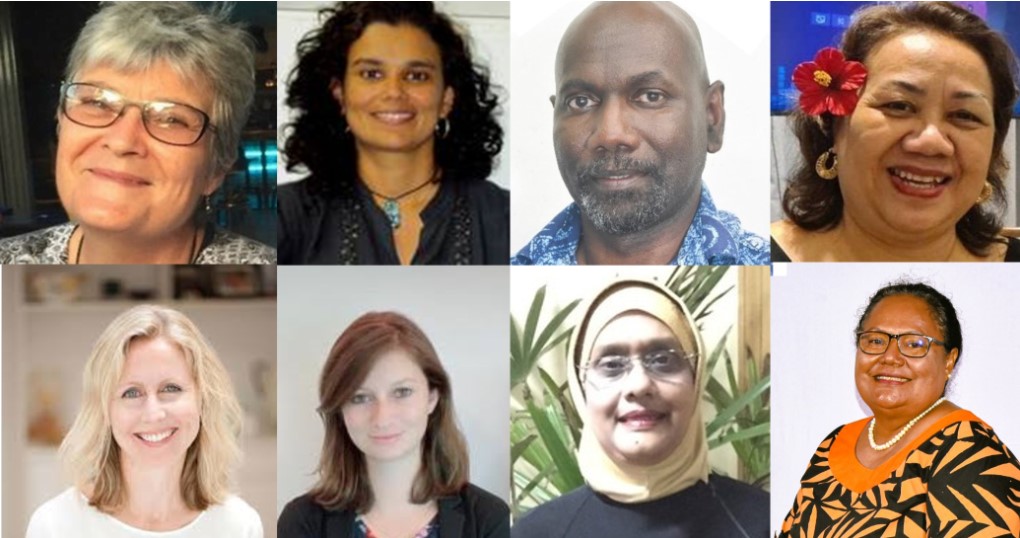The University of the South Pacific (USP) recently formalised a grant agreement with the Pacific Women Lead Program of the Pacific Community (SPC) to facilitate regional University staff female in leadership advancement in the disciplines of Science, Technology, Engineering and Mathematics (STEM).
Through the Australian Aid funded grant project, researchers will work to better understand the barriers that Pacific Island female staff at four different Pacific Island University’s experience when progressing towards leadership and decision-making positions in the STEM field.
The grant was developed within the Pacific Island Universities Regional Network (PIURN) and involves a consortium partnership with diverse range of researchers from The University of the South Pacific, Fiji National University, The National University of Samoa and the Solomon Islands National University, Western Sydney University in collaboration with Science in Australia Gender Equity (SAGE) Ltd a private company dedicated to reducing systemic barriers to gender equity, diversity and inclusion in higher education and research institutions.
Adjunct Associate Professor at FNU and USP’s Pacific Centre for Environment and Sustainable Development (PaCE-SD), Dr Gilianne Brodie said the aim was for Pacific Islands Universities to work collaboratively together to collect and analyse disaggregated data from several PIURN’s member countries that would lead to the creation of solutions and transformational change in a Pacific context.
“Pacific women have the ability to lead and contribute effectively to policy and skill development, learning, teaching and research and possess perspectives and experience that are unique, aligned with Pacific values and diversity, and therefore may advancing the economic empowerment of women field of STEM,” Dr Brodie said.
“In academia, having more women in leadership and decision-making roles in this field helps address gender stereotypes and serve as role models for younger females studying or pursuing careers in this sector.”
“Gathering data on issues faced by women at the institution will allow it to review or implement initiatives that promote career pathways for women in STEM at USP.”
The project will also gather data on USP student perspectives of STEM leadership role models via intergenerational exchange, in partnership with the USP Student Association.
Through the agreement, an audit will be conducted and recommendations provided for interventions that may be required, such as policy changes, action plans and training.
The ‘Barriers to Female Leadership for Staff at Selected Pacific Island Universities, with an emphasis on Science, Technology, Engineering and Mathematics (STEM)’ project is led by USP with funding and technical assistance from the Pacific Women Lead at SPC, supported by the Australian Government.
Image Caption:
(Top, left to right) Associate Professor Gilianne Brodie, Project Lead Adjunct, USP Pacific Centre for Environment and Sustainable Development & FNU School of Sciences; Dr Margaret Mishra, Deputy Head of School Research, Innovation & Postgraduate Affairs, USP School of Law and Social Sciences; Associate Professor Eric Katovai, Pro Vice-Chancellor Academic & Dean Faculty of Science and Technology, Solomon Island National University; Professor Tuifuisa`a Patila Malua Amosa, Vice-Chancellor & President, National University of Samoa.
(Bottom, left to right) Professor Kate Huppatz, Associate Dean Research, School of Social Sciences, Western Sydney University; Ms Mathilde Souchon, Coordinator, Pacific Island Universities Regional Network; Assistant Professor Zakia Ali-Chand, School of Communication, Language & Literature, Fiji National University; Associate Professor Jimaima Lako, acting Pro-Vice Chancellor Learning and Teaching, Fiji National University.

